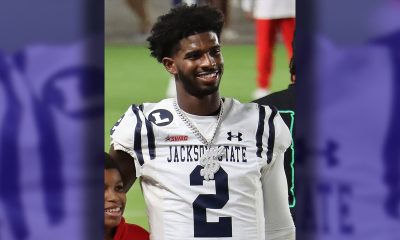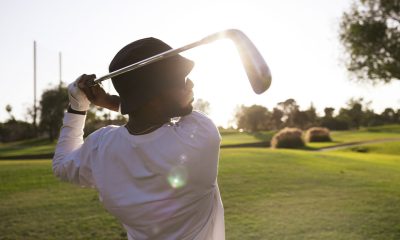#NNPA BlackPress
J. Pharoah Doss: NFL drafts 1 HBCU player—There should’ve been more?
Doug Williams was drafted by the Tampa Bay Buccaneers in 1978, making him the first Black quarterback picked in the first round of the NFL draft. Williams was selected from a historically Black college. During that era, bigotry made Black quarterbacks uncommon. However, drafting Black players from HBCUs was commonplace. American society was slowly integrating, […]
The post J. Pharoah Doss: NFL drafts 1 HBCU player—There should’ve been more? first appeared on BlackPressUSA.
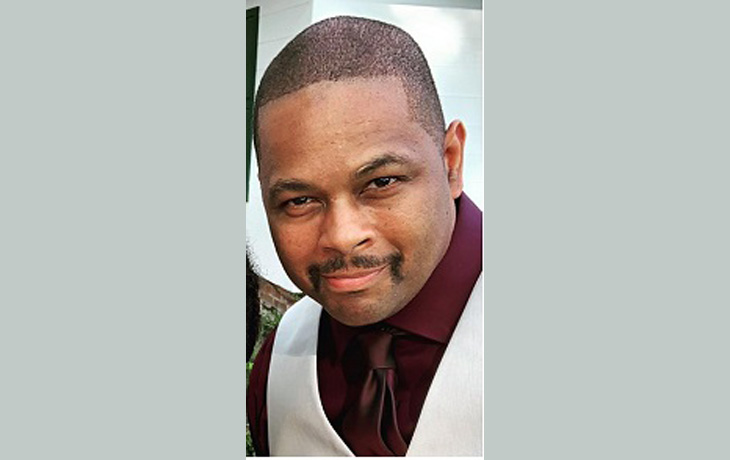
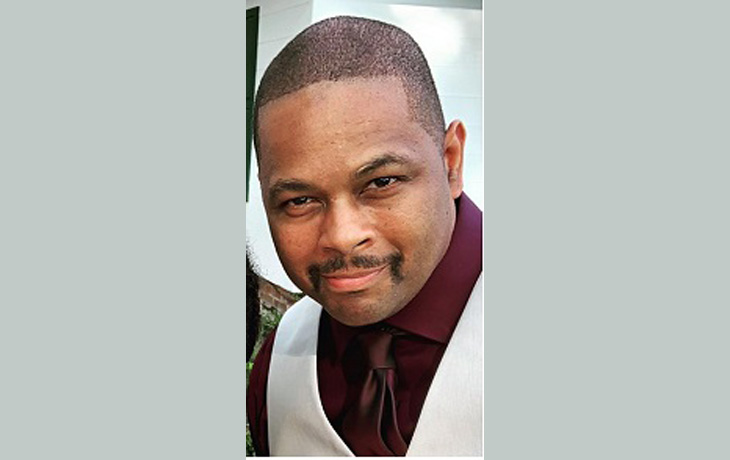
Doug Williams was drafted by the Tampa Bay Buccaneers in 1978, making him the first Black quarterback picked in the first round of the NFL draft. Williams was selected from a historically Black college.
During that era, bigotry made Black quarterbacks uncommon. However, drafting Black players from HBCUs was commonplace. American society was slowly integrating, but racial separation was still ingrained. That meant there was an abundance of talent to be found at HBCUs.
During the 1970s, the NFL drafted 318 players from HBCUs.
In the 1980s, Black quarterbacks were still rare, but the few that were drafted came from predominately White Division I schools, instead of HBCUs. After the turn of the century, Black quarterbacks were routinely drafted from predominately White Division I schools, becoming the stars of the NFL.
In 2023, two Black quarterbacks, Jalen Hurts and Lamar Jackson, signed contracts that made them the highest-paid players in NFL history, and three Black quarterbacks were among the top five selections in the first round of the NFL draft.
As the NFL will compensate and draft the finest players, these outcomes were expected. On the other hand, Doug Williams found a reason to complain.
Only one player from an HBCU was drafted by an NFL team in 2023.
Williams believed that at least seven players from HBCUs should have been drafted and stated, “There must be a lack of representation in the draft rooms for this to happen. Do we have anyone fighting for these young men?”
It’s understandable for Williams to have high aspirations for HBCU players, but the odds are stacked against them, not because of a lack of representation in the draft rooms; it all comes down to talent tiers.
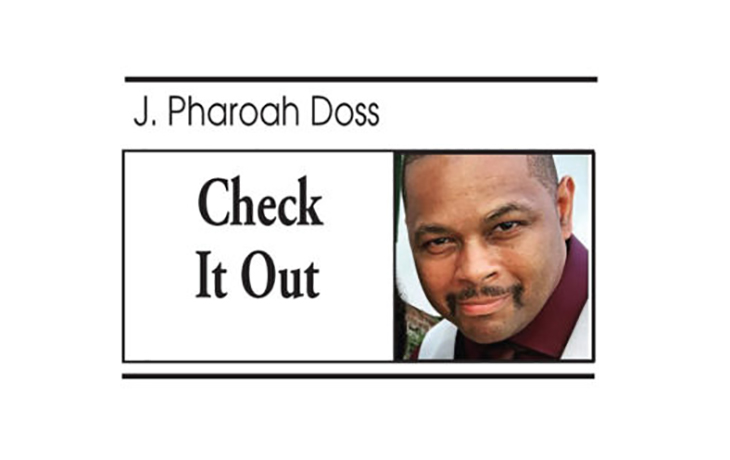
The top talent tier in the NCAA is Division I, which is divided into the FBS (televised teams) and the FCS (non-televised teams). There are also NCAA divisions II and III, but it is extremely uncommon for NFL teams to draft players from these lower talent tiers. According to the NCAA, there are 363 division one schools, 313 division two schools, and 442 division three schools. Most schools belong to a conference, but there are power conferences and non-power conferences.
In 2023, the NFL drafted players from 95 schools.
There were 259 total players selected. 206 players came from the power conferences in the FBS (televised teams), and 34 players came from the non-power conferences in the FBS (televised teams), totaling 240 players from the highest talent tier.
That’s almost the entire draft.
If only 34 players were drafted from the non-power conferences of the FBS (televised teams), how many would be drafted from the FCS (non-televised teams), which is a talent tier dramatically below? The strongest conferences in the FCS (non-televised teams) will only produce one or two NFL draft picks per year, if any at all.
That begs the question: in which talent tier are the HBCUs?
The majority of HBCUs belong to four conferences. Two of these conferences (CIAA and SIAC) compete in Division II of the NCAA. This effectively eliminates them from the NFL draft. The other two (SWAC and MEAC) compete in the FCS (non-televised teams). One conference (SWAC) had a player drafted, while the other did not.
However, seven other conferences in the FCS (non-televised teams) only had one player drafted in 2023, while none were drafted from the remaining six conferences. No one complained because that’s what’s expected from a lower talent tier.
There’s one additional factor: the Pittsburgh Steelers selected Joe Gilliam from an HBCU in the eleventh round of the 1972 draft. That year, the NFL draft had 17 rounds.
Today, the NFL draft only has seven.
There were 26 NFL teams in 1972. With an additional 10 rounds, 260 more players had the opportunity to be drafted. During the 1970s, a lot of HBCU players were drafted in rounds that no longer exist today. Doug Williams remembers when HBCUs were elite, but now they’re no longer in the top talent tier. Williams can’t face that fact. So, he imagines that the problem must be that there’s no one fighting for HBCUs in the draft rooms.
But there is no problem.
No one fights for the Ivy League, either.
The post J. Pharoah Doss: NFL drafts 1 HBCU player—There should’ve been more? appeared first on Chicago Defender.
The post J. Pharoah Doss: NFL drafts 1 HBCU player—There should’ve been more? first appeared on BlackPressUSA.
#NNPA BlackPress
Remembering George Floyd
#NNPA BlackPress
OP-ED: Oregon Bill Threatens the Future of Black Owned Newspapers and Community Journalism
BLACKPRESSUSA NEWSWIRE — Nearly half of Oregon’s media outlets are now owned by national conglomerates with no lasting investment in local communities. According to an OPB analysis, Oregon has lost more than 90 news jobs (and counting) in the past five years. These were reporters, editors and photographers covering school boards, investigating corruption and telling community stories, until their jobs were cut by out-of-state corporations.

By Dr. Benjamin F. Chavis, Jr.
President and CEO, National Newspaper Publishers Association
For decades, The Skanner newspaper in Portland, the Portland Observer, and the Portland Medium have served Portland, Oregon’s Black community and others with a vital purpose: to inform, uplift and empower. But legislation now moving through the Oregon Legislature threatens these community news institutions—and others like them.
As President and CEO of the National Newspaper Publishers Association (NNPA), which represents more than 255 Black-owned media outlets across the United States—including historic publications like The Skanner, Portland Observer, and the Portland Medium—l believe that some Oregon lawmakers would do more harm than good for local journalism and community-owned publications they are hoping to protect.
Oregon Senate Bill 686 would require large digital platforms such as Google and Meta to pay for linking to news content. The goal is to bring desperately needed support to local newsrooms. However, the approach, while well-intentioned, puts smaller, community-based publications at a future severe financial risk.
We need to ask – will these payments paid by tech companies benefit the journalists and outlets that need them most? Nearly half of Oregon’s media outlets are now owned by national conglomerates with no lasting investment in local communities. According to an OPB analysis, Oregon has lost more than 90 news jobs (and counting) in the past five years. These were reporters, editors, and photographers covering school boards, investigating corruption, and telling community stories, until their jobs were cut by out-of-state corporations.
Legislation that sends money to these national conglomerate owners—without the right safeguards to protect independent and community-based outlets—rewards the forces that caused this inequitable crisis in the first place. A just and inclusive policy must guarantee that support flows to the front lines of local journalism and not to the boardrooms of large national media corporations.
The Black Press exists to fill in the gaps left by larger newsrooms. Our reporters are trusted messengers. Our outlets serve as forums for civic engagement, accountability and cultural pride. We also increasingly rely on our digital platforms to reach our audiences, especially younger generations—where they are.
We are fervently asking Oregon lawmakers to take a step back and engage in meaningful dialogue with those most affected: community publishers, small and independent outlets and the readers we serve. The Skanner, The Portland Observer, and The Portland Medium do not have national corporate parents or large investors. And they, like many smaller, community-trusted outlets, rely on traffic from search engines and social media to boost advertising revenue, drive subscriptions, and raise awareness.
Let’s work together to build a better future for Black-owned newspapers and community journalism that is fair, local,l and representative of all Oregonians.
Dr. Benjamin F. Chavis Jr., President & CEO, National Newspaper Publishers Association
#NNPA BlackPress
Hate and Chaos Rise in Trump’s America
BLACKPRESSUSA NEWSWIRE — Tactics ranged from local policy manipulation to threats of violence. The SPLC documented bomb threats at 60 polling places in Georgia, traced to Russian email domains.
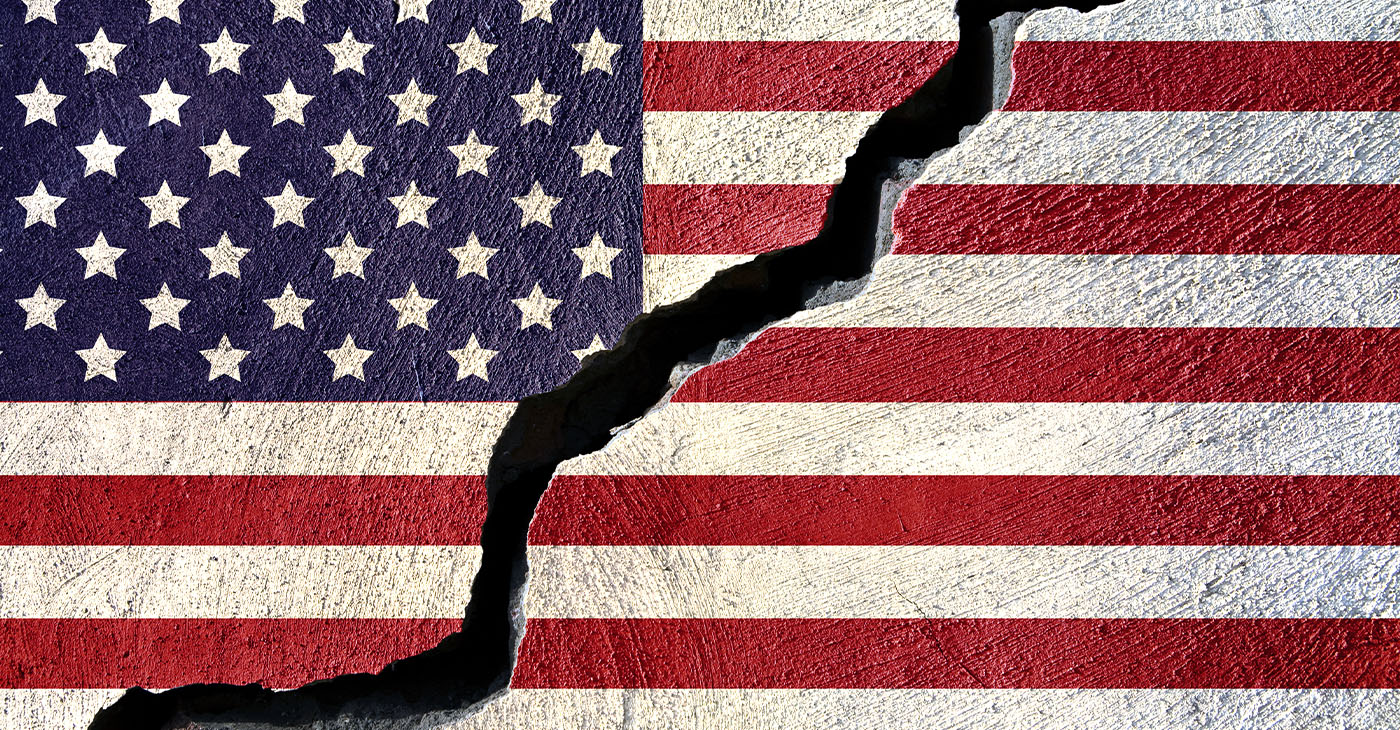
By Stacy M. Brown
Black Press USA Senior National Correspondent
The Southern Poverty Law Center has identified 1,371 hate and antigovernment extremist groups operating across the United States in 2024. In its latest Year in Hate & Extremism report, the SPLC reveals how these groups are embedding themselves in politics and policymaking while targeting marginalized communities through intimidation, disinformation, and violence. “Extremists at all levels of government are using cruelty, chaos, and constant attacks on communities and our democracy to make us feel powerless,” said SPLC President Margaret Huang. The report outlines how hard-right groups aggressively targeted diversity, equity, and inclusion (DEI) initiatives throughout 2024. Figures on the far right falsely framed DEI as a threat to white Americans, with some branding it a form of “white genocide.” After the collapse of Baltimore’s Francis Scott Key Bridge, a former Utah legislator blamed the incident on DEI, posting “DEI = DIE.”
Tactics ranged from local policy manipulation to threats of violence. The SPLC documented bomb threats at 60 polling places in Georgia, traced to Russian email domains. Similar threats hit Jewish institutions and Planet Fitness locations after far-right social media accounts attacked them for trans-inclusive policies. Telegram, which SPLC describes as a hub for hate groups, helped extremists cross-recruit between neo-Nazi, QAnon, and white nationalist spaces. The platform’s lax moderation allowed groups like the Terrorgram Collective—designated terrorists by the U.S. State Department—to thrive. Militia movements were also reorganized, with 50 groups documented in 2024. Many, calling themselves “minutemen,” trained in paramilitary tactics while lobbying local governments for official recognition. These groups shared personnel and ideology with white nationalist organizations.
The manosphere continued to radicalize boys and young men. The Fresh & Fit podcast, now listed as a hate group, promoted misogyny while mocking and attacking Black women. Manosphere influencers used social media algorithms to drive youth toward male-supremacy content. Turning Point USA played a key role in pushing white nationalist rhetoric into mainstream politics. Its leader Charlie Kirk claimed native-born Americans are being replaced by immigrants, while the group advised on Project 2025 and organized Trump campaign events. “We know that these groups build their power by threatening violence, capturing political parties and government, and infesting the mainstream discourse with conspiracy theories,” said Rachel Carroll Rivas, interim director of the SPLC’s Intelligence Project. “By exposing the players, tactics, and code words of the hard right, we hope to dismantle their mythology and inspire people to fight back.”
Click here for the full report or visit http://www.splcenter.org/resources/guides/year-hate-extremism-2024.
-

 Activism4 weeks ago
Activism4 weeks agoAI Is Reshaping Black Healthcare: Promise, Peril, and the Push for Improved Results in California
-

 Activism4 weeks ago
Activism4 weeks agoBarbara Lee Accepts Victory With “Responsibility, Humility and Love”
-

 Activism4 weeks ago
Activism4 weeks agoESSAY: Technology and Medicine, a Primary Care Point of View
-

 Activism4 weeks ago
Activism4 weeks agoFaces Around the Bay: Author Karen Lewis Took the ‘Detour to Straight Street’
-

 Arts and Culture4 weeks ago
Arts and Culture4 weeks agoBOOK REVIEW: Love, Rita: An American Story of Sisterhood, Joy, Loss, and Legacy
-

 Activism4 weeks ago
Activism4 weeks agoNewsom Fights Back as AmeriCorps Shutdown Threatens Vital Services in Black Communities
-

 #NNPA BlackPress4 weeks ago
#NNPA BlackPress4 weeks agoThe RESISTANCE – FREEDOM NOW
-

 Activism4 weeks ago
Activism4 weeks agoTeachers’ Union Thanks Supt. Johnson-Trammell for Service to Schools and Community








